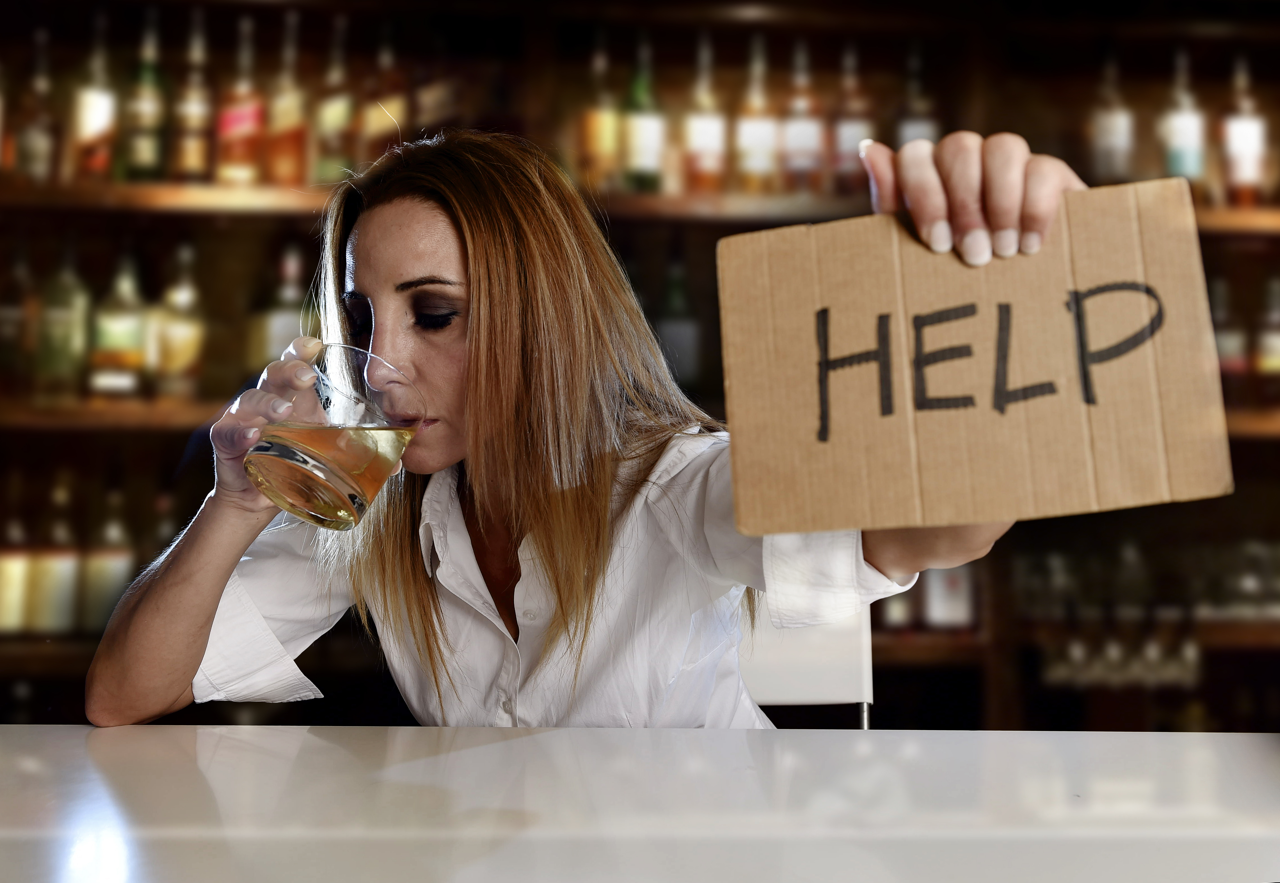
AN Alcohol and Drug Foundation survey revealed that 64% of Australians worried about a loved one’s alcohol or drug use feel unsure about how to provide support. Nearly 60% struggle to initiate conversations, and 45% don’t know where to seek help for their loved ones. Barriers include stigma, embarrassment, and lack of privacy. CEO Dr. Erin Lalor stressed the importance of early intervention, reducing stigma, and improving access to support tools like Path2Help and the National Alcohol and Drug Hotline. If a person is concerned about their own, or a family or friend’s alcohol or other drug use, they can call the National Alcohol and Other Drug Hotline on 1800 250 015 or Family Drug Support Australia on 1300 368 186. People can also visit www.adf.org.au for a range of help and support resources.
Workforce stress needs reducing, says AMA
THE Australian Medical Association (AMA) emphasises the need for an adequately resourced workforce to reduce suicide rates in Australia. AMA President Dr. Danielle McMullen highlights critical shortages in psychiatrists, psychologists, and other mental health professionals, particularly in rural areas. The AMA urges government investment in the psychiatry workforce, multi-disciplinary teams, and mental health services. Improved data collection and coordination are also essential for effective suicide prevention and policy development.
Why infections may hit Dark Ages levels
WORLD Antimicrobial Resistance (AMR) Awareness Week highlights the urgent threat of drug-resistant infections, which could return healthcare to the “dark ages.” AMA President Dr. Danielle McMullen warns of life-threatening, untreatable infections and predicts AMR may cause 50 million deaths annually by 2050. She stresses careful antibiotic prescribing, research investment, and global coordination, urging Australia to lead efforts against AMR through its Australian Centre for Disease Control and a unified national strategy.
Schools group targets school bullying
THE NSW Schools Advisory Council will convene in December to develop a statewide approach to bullying, supported by the NSW Government’s advocacy for national action. Representing over 3,120 schools, the council aims to ensure safe school environments by addressing bullying’s root causes and standardising responses. Initiatives include banning mobile phones, recruiting counsellors, revising curricula on respectful relationships, and launching anti-cyberbullying resources, underscoring the commitment to improved student wellbeing.
Cost of living making commuting difficult
AUSTRALIA’S cost of living, high fuel prices, and increasing public transport costs are making commuting financially unsustainable for many. The average annual commute costs $5,020 per person, with a national expense of $43.2B. Urban sprawl exacerbates commuting challenges, forcing workers into longer, costlier commutes. Hybrid and remote work arrangements offer a solution, saving costs and improving work-life balance. Experts emphasise the need for commuter-friendly cities and flexible work policies to alleviate financial strain.
Feedback sought on reducing plastic waste
THE NSW Government is seeking feedback on proposals to reduce plastic waste and litter by 30% by 2025. The NSW Plastics: The Way Forward plan suggests phasing out unnecessary plastic items, improving recyclability, and aligning with other states. In 2022-23, NSW recycled only 14% of its 891,000 tonnes of plastic waste. The consultation invites input from communities, industries, and stakeholders to shape policies for a cleaner, more sustainable environment. Feedback closes after eight weeks.
Pharmacists seen as critical in COVID
THE COVID-19 Inquiry Report highlights the critical role of community pharmacists during the pandemic, administering over 12 million vaccinations and rapidly adopting innovations like e-scripts. Pharmacy Guild President Professor Trent Twomey emphasized the need to leverage pharmacists’ full scope of practice for improved healthcare access. The report recommends national harmonization of pharmacy practices and empowering pharmacists to address workforce shortages, reduce delays, and enhance patient care in future health emergencies.
Sports concussion research at new levels
MONASH University-led research has shown that blood tests measuring brain-specific proteins can track neurobiological recovery after sport-related concussions, aiding safer return-to-play decisions. By analysing 137 athletes, researchers found biomarkers like GFAP and NfL remain elevated for weeks in severe cases, particularly those involving loss of consciousness. This study highlights the need for biomarker-based return-to-play guidelines alongside symptom assessment. While more work is needed for clinical adoption, the findings emphasize cautious recovery timelines, especially in community sports.
Audio updates to speed advisor app
THE NSW Speed Adviser app now includes audio and visual alerts for over 1,300 level crossings, enhancing road safety, particularly in regional areas. Launched during Rural Road Safety Month, the app warns drivers with “Caution, rail crossing ahead” messages, encouraging vigilance. Between 2014-2024, 64 level crossing collisions caused 8 deaths. Complementing this, a $1.2M Rail Active Crossing Systems trial is underway. The app, downloaded 120,000 times, supports broader efforts to reduce road fatalities.




